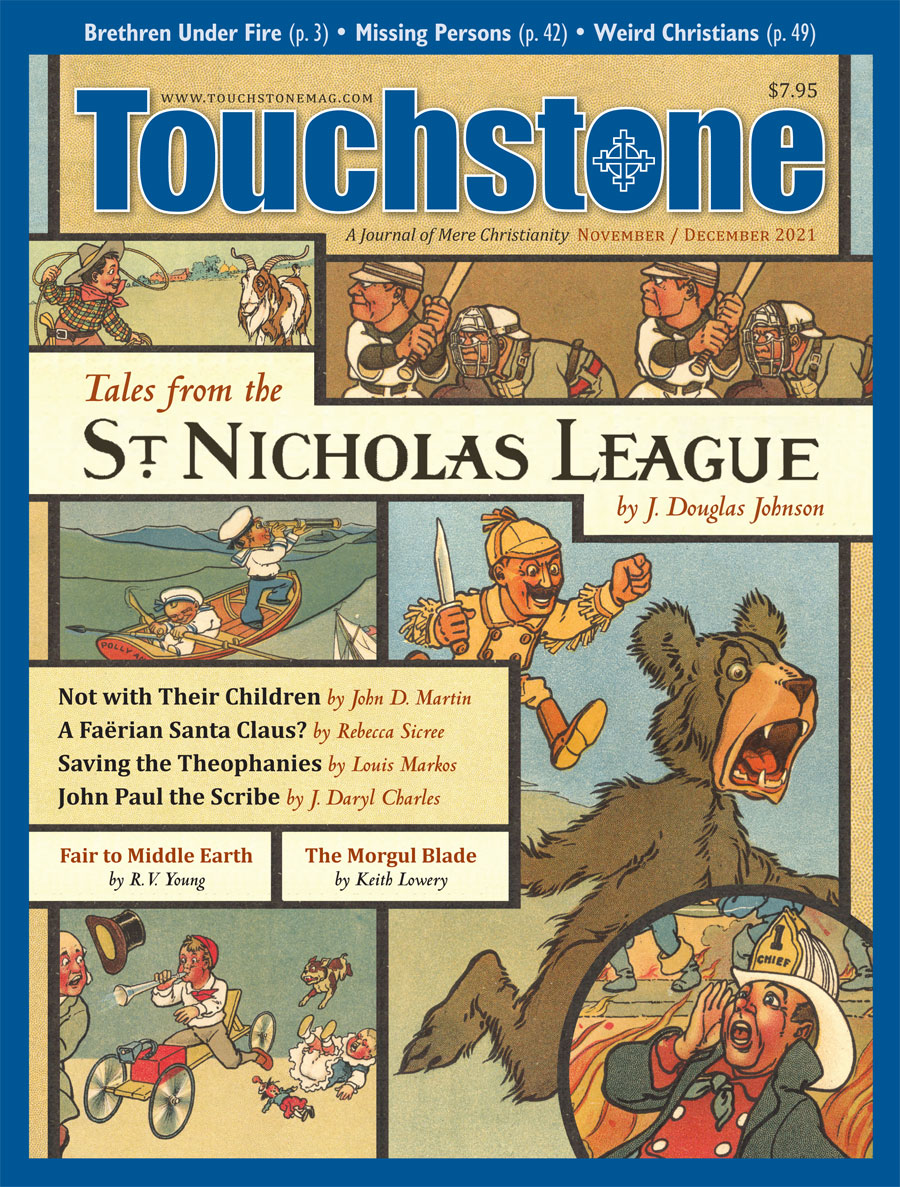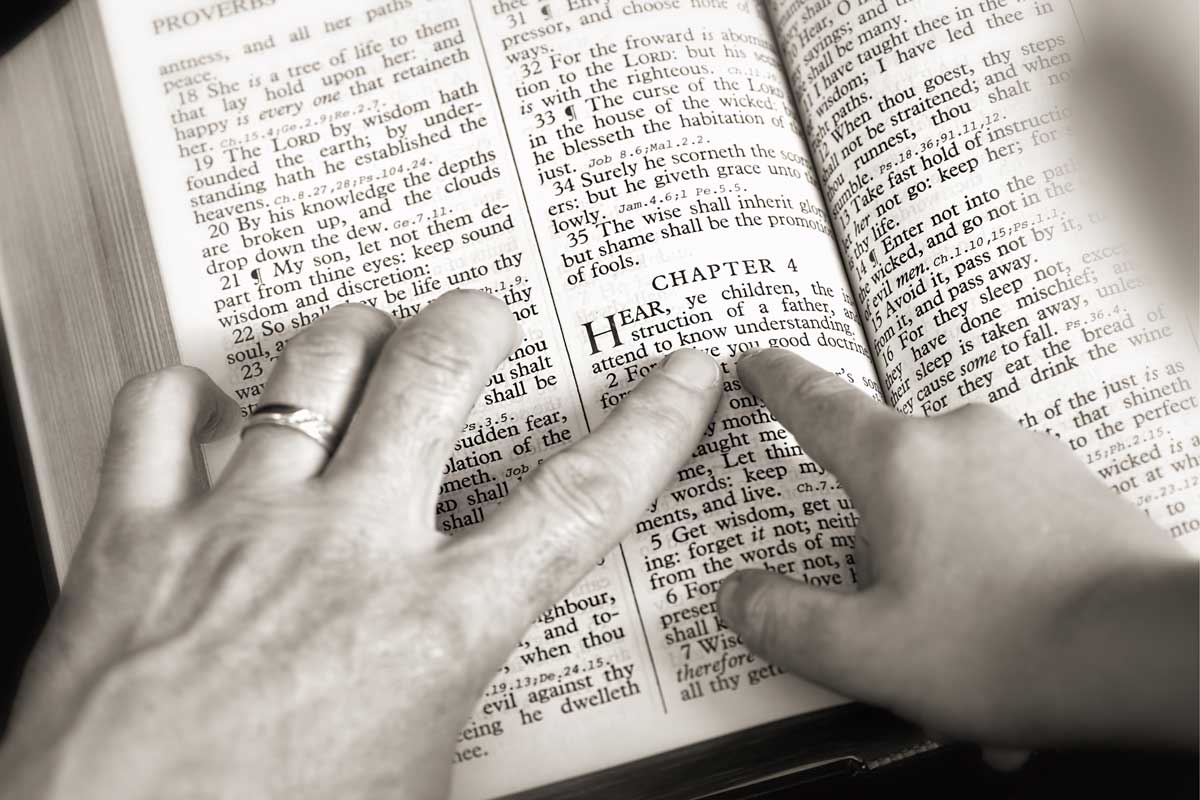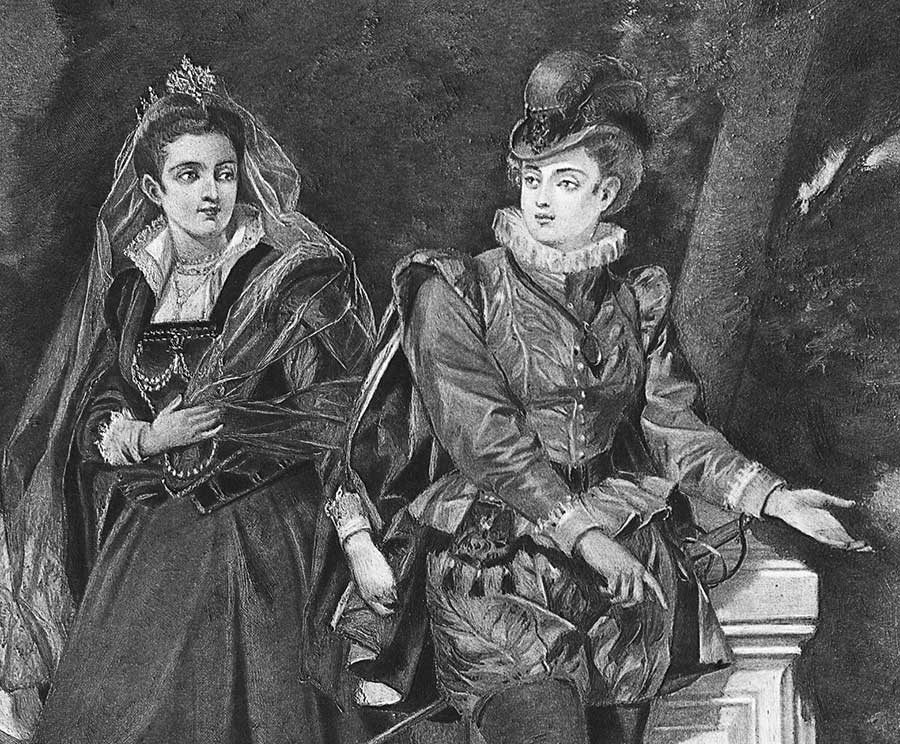Not the Best Case
Paradise and Utopia: The Rise and Fall of What the West Once Was
Vol. I: The Age of Paradise: Christendom from Pentecost to the First Millennium;
Vol. II: The Age of Division: Christendom from the Great Schism to the Protestant Reformation
by John Strickland
In September 1303, French knights, at the behest of Philip IV of France, kidnapped Pope Boniface VIII, hoping to bring the pontiff to France, where he was to be humiliated and degraded. The attempt succeeded briefly, but the people of Anagni (the papal summer residence) rescued the aged pope, and quickly put the French to flight. Boniface VIII died a month later.
Many historians treated the "outrage of Anagni" as the match to a long fuse that exploded in Wittenberg in 1517. They cast this episode as signifying the weakening of the papacy, its submission to French interests, the beginning of the Avignon corruption, and the summoning of Wycliffe and Hus, and finally Herr Doktor Luther. Yet the complexity of history eventually pressed this interpretation, like so many other grand narratives, into the marginalia of historiography.
But the idea of grand narratives dies hard, as these vehicles serve the purpose of organizing historical events into a coherent, understandable story. All too frequently, however, confessional and ideological assumptions color the narratives of the past.
This is not to discount grand narratives whole cloth. Sir Richard W. Southern asserted that the historian's duty demanded that he produce works both intellectually and aesthetically pleasing, as history, he asserted, was indeed an art. Making sense of history as something other than "just one . . . thing after another" is part of the historian's vocation, artfully linking cause to effect to cause through the rhetoric of narration.
Consequently, history, inchoate and shambolic, is best understood in very small bites. Yet this should not stop us from looking for large movements over time, such as constitutional or institutional history. But in order to describe history's march, the narrative needs to arise in conjunction with the facts, even though it must be admitted that we historians frequently come to the facts with our intellectual baggage in tow. It's all quite the balancing act.
When this reality touches church history, it presses on us our Christian duty to keep in mind Lord Acton's words: "We are not sure we are right until we have made the best case possible for those who are wrong."
The Church's Whole Past
With these concerns in mind, I turn to two volumes by Fr. John Strickland, the first two of four proposed works on the history of the Church: Paradise and Utopia: The Rise and Fall of What the West Once Was, Volumes I and II.
Fr. Strickland, who holds a Ph.D. in modern European history, has previously published on church history, namely, The Making of Holy Russia (2013). With these volumes, however, he seeks to comprehend the Church's whole past, both the Orthodox East and the Latin West, situating all into a narrative that, on the one hand, depicts Orthodoxy's faithfulness to the Church's apostolic vision, while, on the other, showing the Latin West, both Protestant and Catholic, aberrant and decadent. He crafts his tale with numerous exempla. Fr. Strickland's quick and lucid prose takes the reader in these volumes from the apostolic Church up through the English Civil War. There is much here to commend, as he includes items generally available only in more technical histories and journals.
The grand prism through which Fr. Strickland sets his narrative—that the Church, both East and West, sought the creation of a paradisiacal culture, one centered on the transfigurational life of Christ that is acquired through life in the Church—offers to the reader a recurring mooring for the text, a repeated refrain that is the focus of the narrative. For Fr. Strickland, the gospel of the early Church was a proclamation that the Savior had come not just to restore fallen Adam to his former self in Eden, but to transform him and his progeny through a life in Christ, ending in a life in the Trinity in the Paradise of God.
Gary Jenkins Ph.D., is the Van Gordon Professor in History (retired) at Eastern University in Pennsylvania, and the current director of the St. Basil Center for Orthodox Thought and Culture (also at EU).
subscription options
Order
Print/Online Subscription

Get six issues (one year) of Touchstone PLUS full online access including pdf downloads for only $39.95. That's only $3.34 per month!
Order
Online Only
Subscription

Get a one-year full-access subscription to the Touchstone online archives for only $19.95. That's only $1.66 per month!
bulk subscriptions
Order Touchstone subscriptions in bulk and save $10 per sub! Each subscription includes 6 issues of Touchstone plus full online access to touchstonemag.com—including archives, videos, and pdf downloads of recent issues for only $29.95 each! Great for churches or study groups.
Transactions will be processed on a secure server.
more from the online archives
calling all readers
Please Donate
"There are magazines worth reading but few worth saving . . . Touchstone is just such a magazine."
—Alice von Hildebrand
"Here we do not concede one square millimeter of territory to falsehood, folly, contemporary sentimentality, or fashion. We speak the truth, and let God be our judge. . . . Touchstone is the one committedly Christian conservative journal."
—Anthony Esolen, Touchstone senior editor










